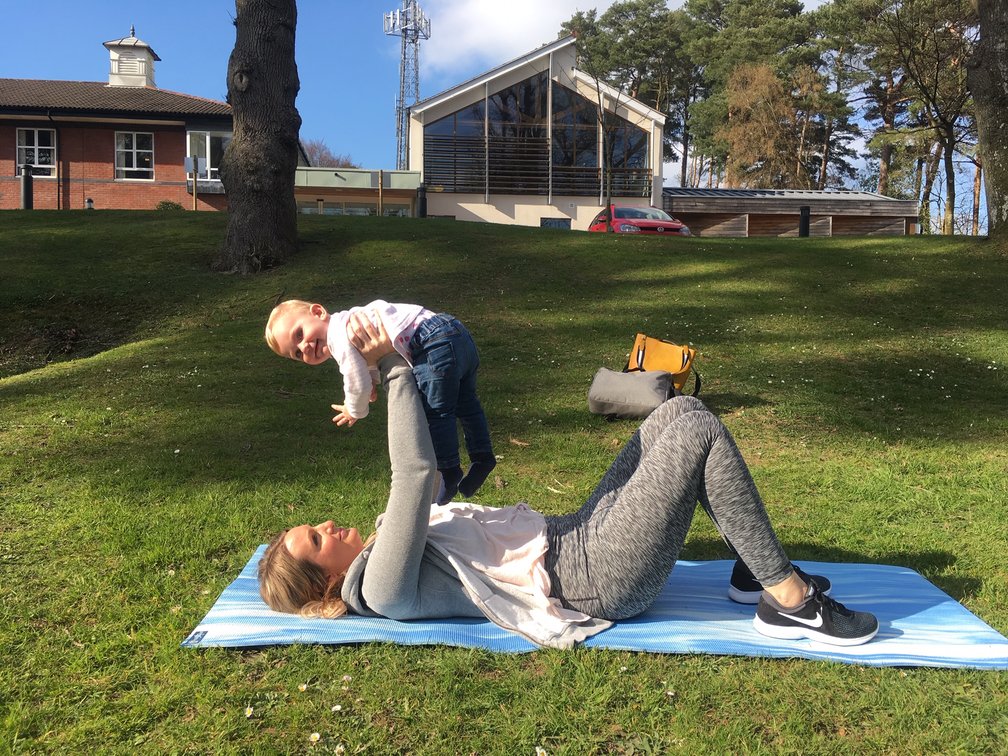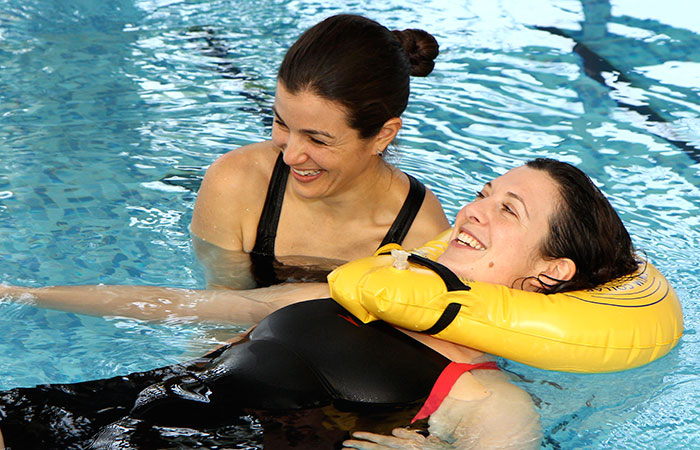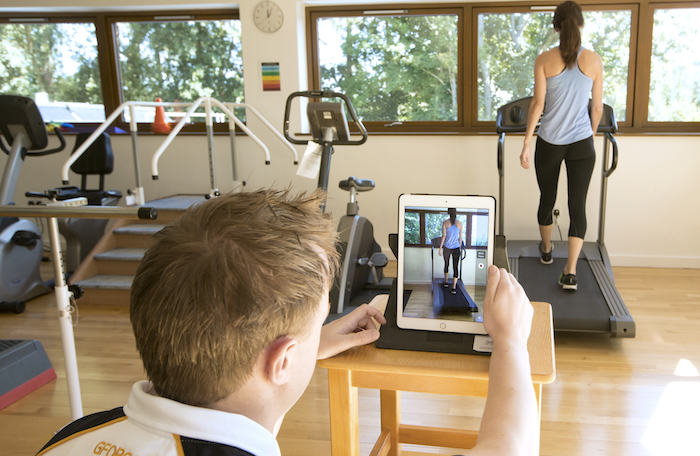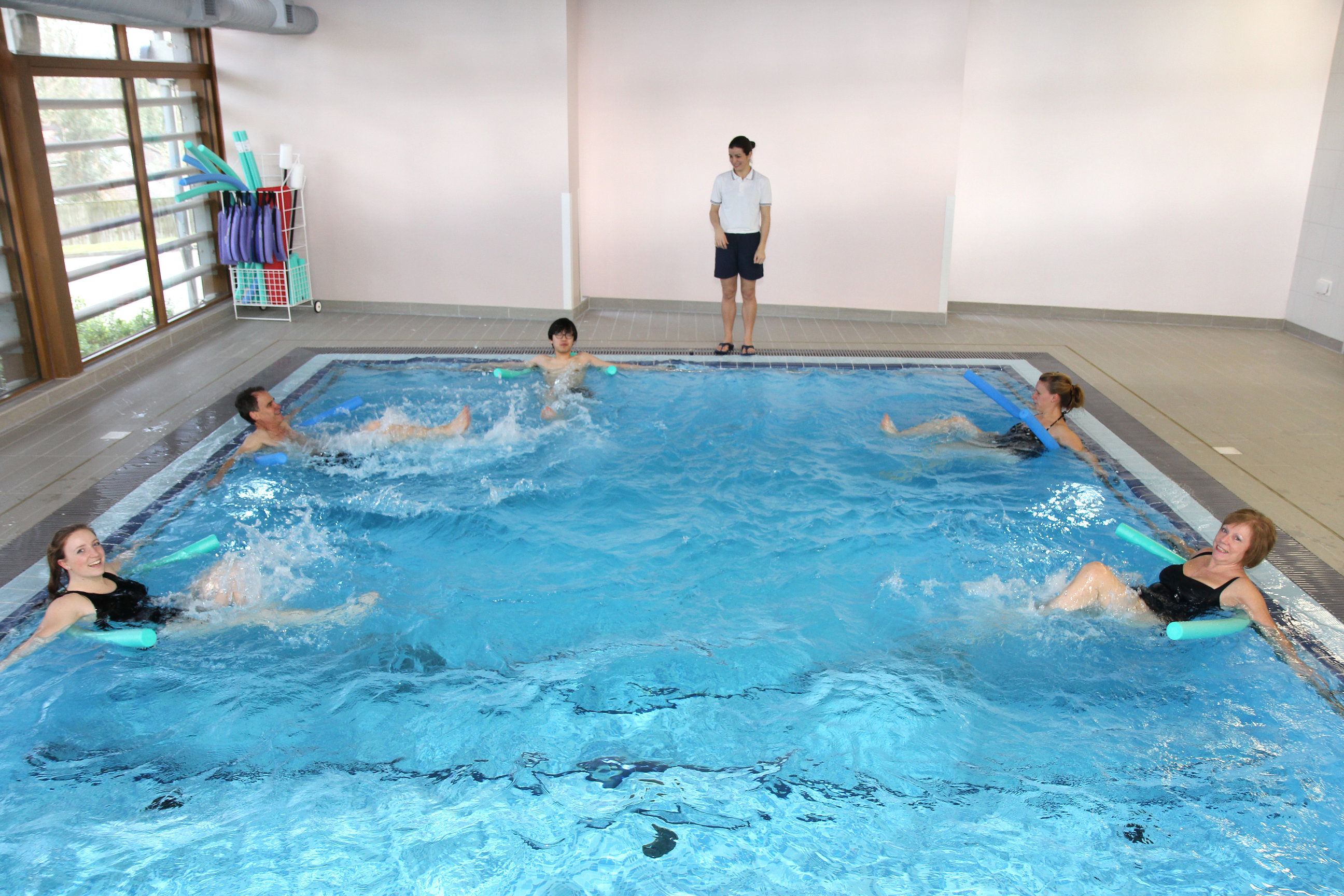Empowering you to reclaim your body after childbirth so you can do the activities you enjoy with absolute confidence.
If you are looking at this page, it is likely that you will feel (or know) that something is not quite right with your body post birth or you might be seeking some reassurance that your body is returning to normal.
Too often, the conditions that women like you come to see us about are not talked about and are often accepted as ‘normal’ after having a baby.
The good news is that with our Mummy MOT and supporting range of post-natal services, it doesn’t have to be like this, and you will soon be able to reclaim your body.
Mummy MOT
We think that every mother should have a Mummy MOT – a thorough post-natal full body examination will identify how you can get back to doing the things you love most, quicker.
During your 75-minute Mummy MOT, our specialist post-natal physiotherapist Jenny Deeming will carry out a full body assessment which will include:
- Full postural screen - Pregnancy can leave some muscles tight and shortened while others are loose and weak. Addressing these imbalances early on can help to reduce current and future back and pelvic pain.
- Pelvic floor assessment (with optional internal examination)
- Tummy check for possible tummy separation (diastasis recti)
- C-Section scar management
- Screening for bladder / bowel and sexual dysfunction
The assessment will highlight individual areas to work on such as core strengthening, pelvic floor retraining for prolapse, leaking and/or urgency (rushing to the toilet) or advice about returning to your specific sport and activities safely.
After Jenny has completed her assessment, she will discuss a personalised plan with you and provide you with a Report of Findings to take away.
The Mummy MOT costs £110 and is suitable for women from six weeks post birth who have given birth vaginally or by C-Section.
Mummy MOT follow-up
If you need a follow-up appointment, Jenny will invite you back to see her around one week after your initial Mummy MOT.
This is so she can assess your progress, check your exercise technique and answer the questions you will have inevitably thought of since your initial assessment.
Jenny will show you how to build on your exercises and encourage you to continue completing the exercise programme.
Women’s health appointment
Our post-natal physiotherapy service is for the treatment of specific conditions.
Jenny Deeming is qualified to:
- Address tummy gaps (diastasis recti) and any concerns you have about this condition
- Improve your pelvic floor strength so as to prevent incontinence now or in the future
- Investigate and treat urge incontinence which is the need to get to the toilet quickly
- Improve prolapse or feelings of heaviness / dragging
- Improve posture, back pain and core strength
- Enable a return to exercise at all levels
It doesn’t matter if you do not have a diagnosis for your condition as Jenny will carry out a full assessment.
Your first Women’s health appointment - what to expect
At your first appointment, Jenny will carry out a thorough assessment which includes an internal examination where appropriate.
The assessment will hone in on your specific problem area and the factors contributing to it.
You might be asked to keep a three-day bladder diary to record the amount of fluid entering and leaving your body. This information will help Jenny to explore any possible urinary dysfunction problems.
The findings of your assessment will enable Jenny to provide you with a tailored treatment plan. It might include a personalised muscle-strengthening programme, techniques to improve bladder urgency and incontinence and postural adaptations. It will definitely include plenty of advice and lots of reassurance!
Follow-up appointments
For the treatment of specific conditions, it is likely to take 3-6 months before you no longer need one to one sessions.
At your follow-up appointments, Jenny will check your progress, review your exercise technique and answer any questions you may have. She will also show you how to progress your exercise programme to the next level.
Cost of treatment
The initial assessment costs £85 and follow-up appointments are £60. A Mummy MOT is £110.
How to book
To book your Mummy MOT or initial assessment with Jenny, please call us on 01428 647647 or email us and we will call you back.
Looking after you
Our commitment to you does not end with your last appointment. We provide ongoing support which includes specialist Pilates classes, knowledge sharing, information events and opportunities to meet others who are in a similar situation to you. Sign up for our newsletter so you can keep up to date with what is happening or see our latest edition.
Frequently asked questions
Is it normal to leak urine whilst running or jumping after giving birth?
No! It is a common misconception that it is normal to leak urine after birth and as it can be an embarrassing subject to talk about, many women suffer in silence. You are likely to have some urinary incontinence for six weeks post giving birth but if you are still leaking after this see a women’s health physio as they can advise on specific advice for pelvic floor strengthening and give tips to ensure the timing of your pelvic floor is working effectively.
I always need to know where the nearest toilet is when I go out so I can get there in time. Is this normal?
This is known as ‘urge incontinence’ or an ‘over active bladder’. It is a sudden over-riding urge to get to the toilet - you may be able to hold on until you get there or you may have some urinary leakage before you reach the toilet. It is a strong urge, which feels as though your bladder is full to bursting, however the amount of urine passed is relatively small. This can be due to a number of factors – including a bladder infection – so always check with your GP first, but if it is due to an over active bladder it is because the bladder is sending signals to your brain to tell you it is full when it is in fact not. A women’s health physio can help explore why this is happening - it can be certain drinks irritating the bladder or habitual patterns that are proving difficult to break. The bladder can be retrained to stretch further before signals are sent to the brain giving you that urge to rush to the toilet. A women’s health physio will be able to guide you through finding the right techniques for you.
I’ve been told I have a diastasis recti. What is this and will it go away?
There are two long muscles called rectus abdominus that run down the front of your tummy on either side of your belly button. During pregnancy these muscles pull apart as your tummy gets bigger and this is totally normal. After giving birth they will come back together slowly. If after eight weeks the gap between these muscles is more than two fingers in width it is called a diastasis recti. At this point it is worth seeing a women’s health physio as they will be able to advise on specific core strengthening muscle exercises to help draw the rectus abdominus muscles back together. Plank and sit up exercises are NOT advised at this stage as it can cause ‘doming’ in between the rectus abdominus muscles and hinder the progress of diastasis recti recovery. Some people improve to a certain point but will still have a diastasis recti, however as long as your core muscles are strong enough to prevent ‘doming’ this should not be a problem.
Why do I have back pain after giving birth?
Back pain post birth is extremely common and can be due to a number of factors. Regaining strength and core control in your tummy muscles will help to take tension off your back, whether you had a vaginal or C-section delivery. Posture is important and so ensuring you are in an optimal position when feeding / lifting and carrying your baby will help how you load through your back. The changes to your posture during pregnancy can often lead to muscle tightness through your back muscles and addressing this with some simple stretches can help. A women’s health physio can help assess your individual needs and set a treatment plan in place.
Why isn’t my tummy improving in tone and strength despite doing exercise?
The type of exercise you do is key to improving tummy tone and strength. If you have a diastasis recti (a gap in the tummy muscles) you will need specific exercises provided by a women’s health physiotherapist as common core exercises such as a ‘plank’ or sit ups may be detrimental to achieving a flatter tummy. By working on your deep abdominal muscles and pelvic floor muscles you are effectively building the foundations of your ‘house’. Without doing this you will struggle to strengthen and tone the bigger superficial tummy muscles.
Is it normal to get up in the night to go to the toilet?
In a word ‘NO’! Up until approximately 65 years of age, our bladder should be able to stretch and expand through the night without the need to get up and go to the toilet. However, frequent waking and feeding a young baby in the night will often prompt you to go to the toilet which is absolutely fine. The problem comes when the bladder learns these patterns or it becomes a habit to go to the toilet during the night even though your baby is sleeping through.
A women’s health physiotherapist can help to provide tips and advice on how to retrain the bladder. Distracting yourself from the urge to go can be as simple as counting backwards from 100 or working through a times table until the urge settles allowing you to go back to sleep. This can take time depending on how often and when you are waking in the night, but with perseverance the bladder can be retrained.
Please get in touch if Jenny, our women’s health physiotherapist can help answer your question.





